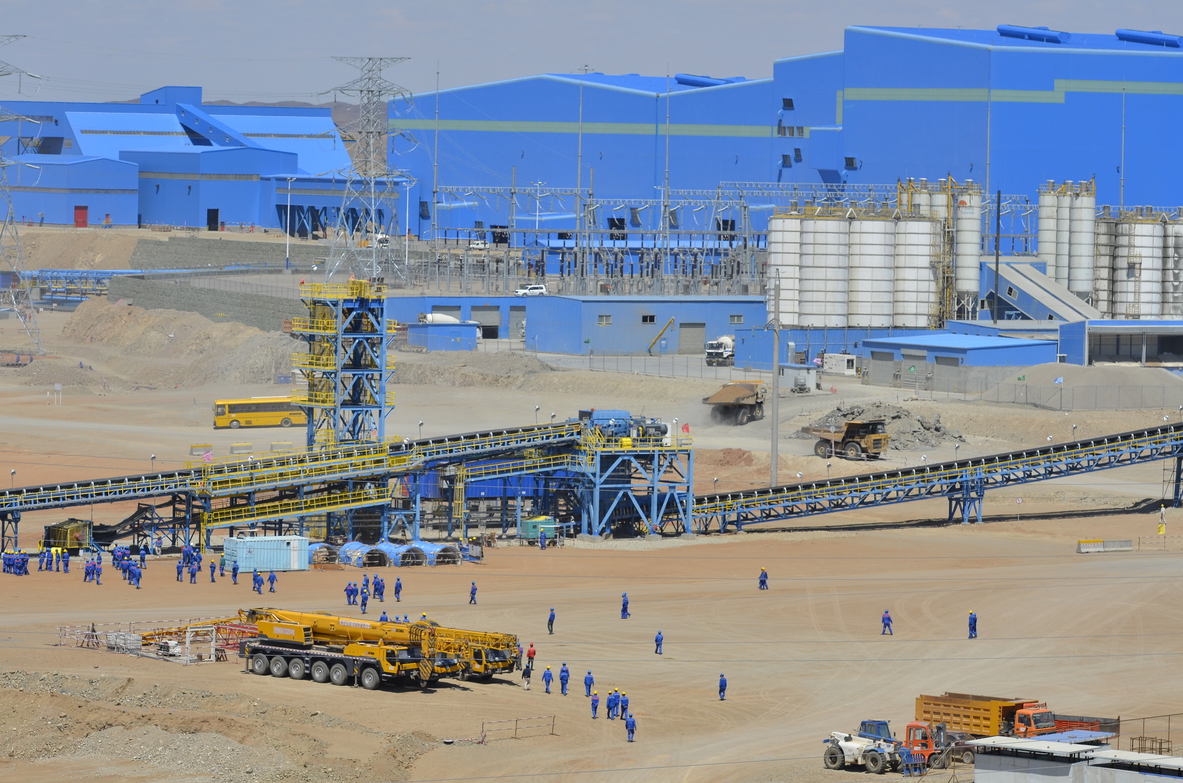An increasing number of countries pursues the climate-friendly transformation of the nitric acid industry. Today, NACAG counts 14 member states, seven of which have firmly committed to a climate friendly transformation of their nitric acid sector.
Covid-19 did not only pose substantial challenges to the international community and national governments but has also transformed the approaches to NACAG’s cooperation. Amid the global pandemic, NACAG had to shift most of its activities, including discussions with partner governments and plant operators to online formats.
Nevertheless, since the start of the pandemic in 2020, four states, namely Georgia, Uzbekistan, Thailand and Argentina, committed to climate-friendly nitric acid production by signing NACAG’s Statement of Undertaking.
In addition, Mexico, Tunisia and Zimbabwe had already signed a political commitment to permanently reduce nitrous oxide emissions from their national nitric acid production before 2020. The combined mitigation potential of these seven countries is more than three million tonnes of CO2eq annually, equivalent to emissions from approximately 650 000 passenger vehicles driven for one year. The total mitigation potential in the nitric acid sector is estimated at well above one gigatonne of CO2eq worldwide for the period 2021-2030. To realise this potential, NACAG continues discussions with numerous other countries.
Plant operators in countries that signed the respective commitment become eligible for the NACAG´s financial support. This year, two nitric acid plants in Tunisia and Zimbabwe have signed financing agreements to procure and install mitigation technologies. In addition, Mexico and Colombia have included the nitric acid sector into their Nationally Determined Contributions which confirmed their commitment to mitigate their industrial emissions.
These developments show that the climate-friendly transformation of the global nitric acid production sector is in full swing.



